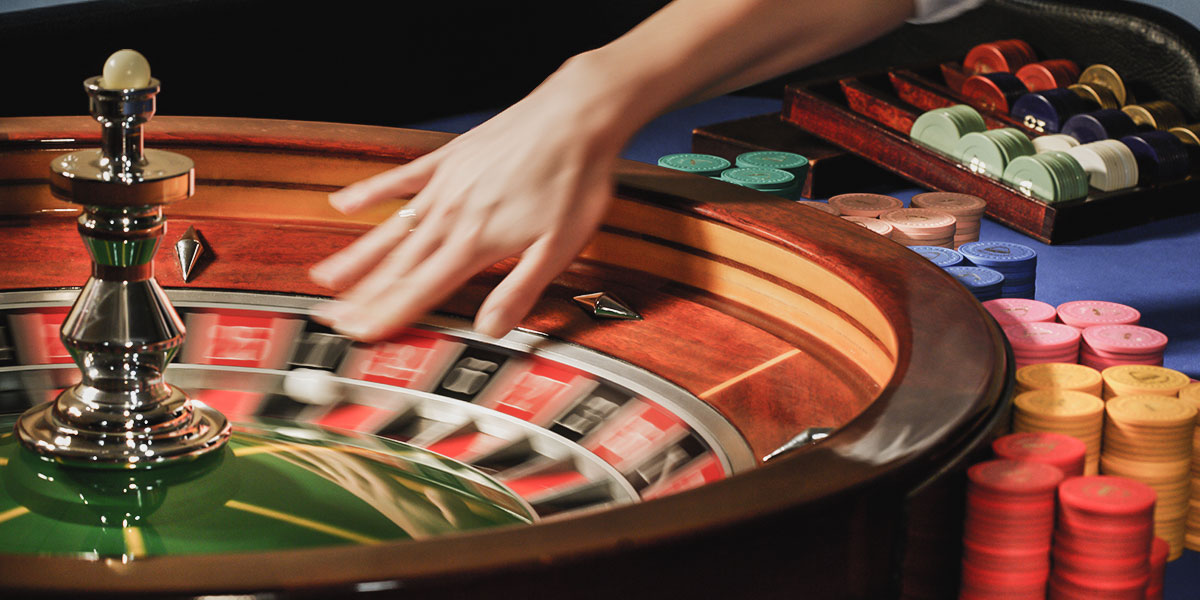
Casino games have captivated players for centuries, pulling them into a realm of thrill, fortune, and prosperity. From the blinking lights of slot machines to the strategic action of card tables, these activities offer a distinct blend of entertainment and hazard. However, underneath the facade of this glamour and glamour lies a sophisticated relationship of mathematics that shapes every outcome and action made within the gaming hall.
Grasping this link between casino games and numerical principles not just enhances the player’s journey but may also help gamblers make wise choices. Whether you are a recreational gambler or a dedicated fan, recognizing the mathematical principles at play can give insightful knowledge into probability, ratios, and strategies, finally influencing how one deals with these chance games.
Statistical Likelihood in Betting
In the realm of casino games, statistical probability plays a critical role in assessing results and informing player decisions. Every game has a unique set of regulations and a particular likelihood model that influences its mechanics. For example, in games like the roulette wheel, players must understand the probabilities of landing a certain digit or shade. The probability of certain occurrences occurring can be assessed, and this understanding can greatly affect betting strategies.
Gambers also need to be informed of the house advantage, which is the mathematical advantage that gambling establishments hold over players in the long run. This edge differs across various games. In 21, expert players can use tactics to reduce the house advantage to as low as one %, while in activities like slot machines, the casino edge can be substantially larger. Comprehending the casino advantage allows players to make educated choices about which games to play and how much to bet.
Moreover, probability is crucial in the principle of risk versus reward in gambling. Every bet carries a certain danger factor, and players must evaluate the possible return against that danger. Games like the poker game require gamblers to not only compute the chances of their own hand winning but also to assess the likelihoods of their opponents’ hands. By utilizing statistical concepts to their gameplay, players can boost their odds of success and participate more strategically in the thrilling world of casino activities.
Expected Value in Gambling Games
When discussing gambling games, one of the basic ideas rooted in mathematics is the anticipated worth. This statistical metric assists players understand the possible results of their bets over time. In basic terms, anticipated worth (EV) calculates the mean amount a gambler can anticipate to win or suffer per bet if they were to play the game repeatedly. Each game has its unique EV, affected by the odds and the casino advantage, which indicates the advantage that the casino holds.
For example, think of a game like roulette. The anticipated worth can be derived based on the specific bet placed. If a player bets on a individual number, the payout is 35 to 1, but the true odds of winning that bet are 1 in 37 (in Euro roulette). This leads in a negative expected value, showing that, on average, players will lose money over time when playing this kind of bet. Grasping this idea allows gamblers to make more informed decisions about which activities and wagers may be more favorable.
Moreover, the investigation of expected worth can lead to improved bankroll management. Gamblers who comprehend the math behind their activities are often able to set realistic expectations. By acknowledging their potential deficits and profits, they can modify their playing strategies appropriately, which may enhance their overall gaming experience overall. As a consequence, expected value serves as a critical resource for both beginner and seasoned gamblers to navigate the often unpredictable character of casino activities.
Tactics and Chances: The Math Behind Winning
In gambling games, comprehending the odds is vital for players seeking to enhance their likelihood of success. Each contest has its own distinct set of chances that establish successful outcomes, and these figures are often found in the rules of the game guidelines or payout schedules. For example, in activities like 21, gamblers can improve their chances through methods such as counting cards, which depends on math principles to gain an edge over the casino. By acquainting themselves with the chances, players can make more informed determinations on when to place bets and when to give up.
Furthermore, the principle of expected value has a significant part in casino strategies. Expected value calculates the mean outcome of a stake over a period, allowing gamblers to judge whether a certain wager is justifiable taking. RICHES888 For instance, video slots have a specific return percentage, which can suggest the average profit a player can anticipate on their wagers. By opting for activities with greater average outcomes, gamblers can minimize the house edge, maximizing their future winnings in the long run.
In conclusion, successful participants often utilize a blend of chance and mathematical strategy to improve their gaming experience. While chance can’t be controlled, managing a wagering approach based on mathematical insights can lead to more advantageous situations. By making use of techniques such as budgeting and choosing games, gamblers can utilize math to navigate the unpredictable nature of gaming, making the most of their efforts and investments at the casino.